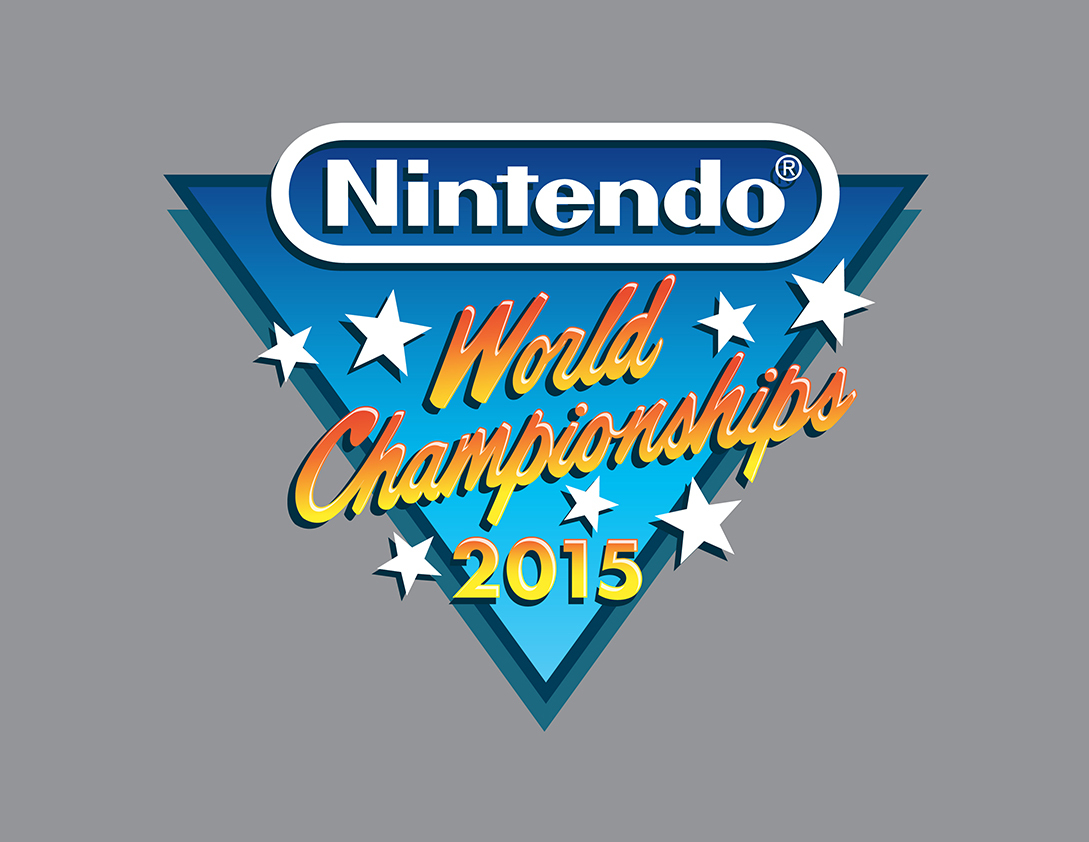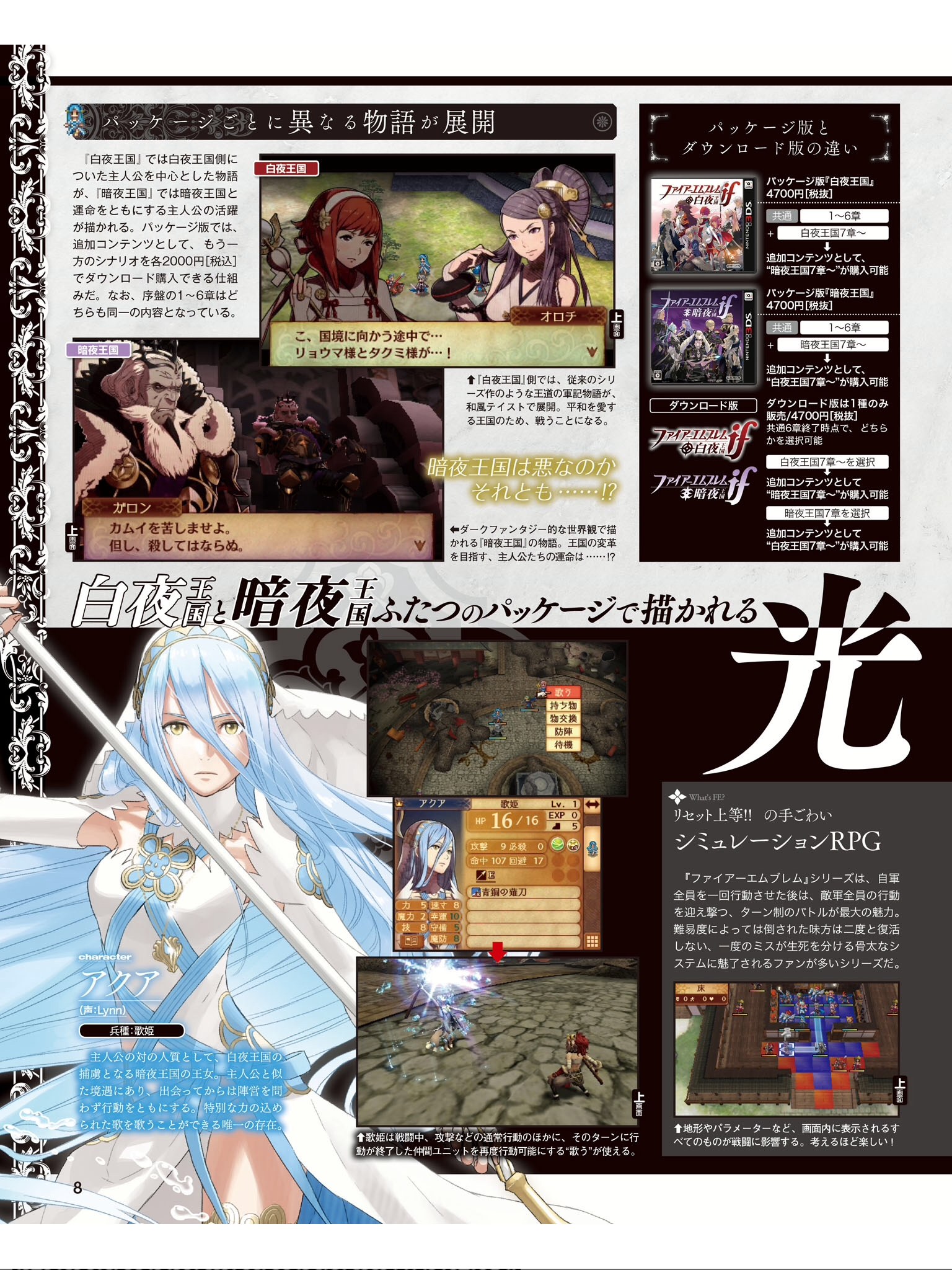Nintendo today announced its plans for E3 2015.
Here’s a quick rundown as to what the company has planned:
– Nintendo Digital Event: June 16 at 12 PM ET / 9 AM PT
– Nintendo World Championships (back after 25 years): June 14
– Nintendo Treehouse: Live @ E3
– Playable Mario Maker at over 120 Best Buy locations: June 17, 4-9 PM and June 20, 12-5 PM
You can check out what Nintendo has planned in video form below.
Head past the break for more information about Nintendo at E3, including how to enter for a chance to participate at the Nintendo World Championships.
This week’s issue of Famitsu has another update on The Great Ace Attorney. Specifically, we’ve received new information about one of the game’s episodes. Continue on below for a roundup of the latest information.
– New episode: “The Adventure of the Friend and the Speckled Band”
– This is a homage to the Holmes short story “The Adventure of the Speckled Band”
– Takes place on the London-bound steamship Alaclear
– Ryuunosuke finds himself the prime suspect in a certain “incident” involving a locked room and an adder
– Decides to clear his name
– Wherever mysteries are, so is Holmes, and so Ryuunosuke and the Great Detective meet for the first time
– New characters Nikomina Borschbich and Mitrofan Stroganov
– Nikomina Borschbich: fifteen-year-old ballet dancer Nikomina Borschbich
– Mitrofan Stroganov: sailor who was patrolling the area of the ship where the incident occurred
– Nikomina is running away from the Russian ballet corp she was once a part of to America
– Can examine an area, speak to people, move around, and present evidence
– Areas you’ve already looked at will have a check mark displayed by the cursor
– When choosing where to go, Susato will let you know if anything more needs investigating there
– The preview for the next report shows Iris and an unnamed character in the English lobby
Famitsu has gone live with new Project X Zone 2 screenshots and art, which show off new characters like Phoenix Wright and Maya Fey from the Ace Attorney series. All of the latest images are included in the gallery below.


















